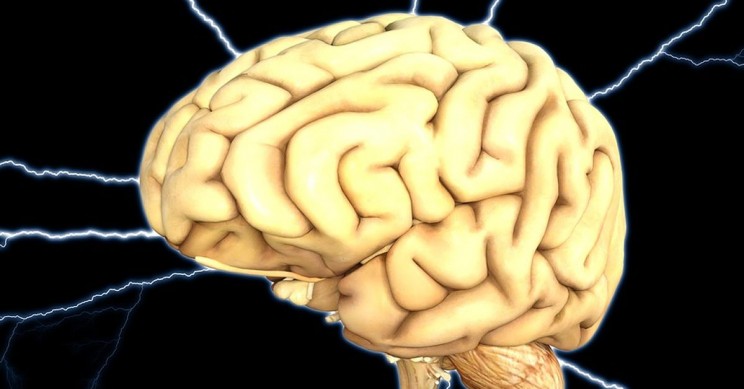Nature Knows and Psionic Success
God provides
LED Devices Could Increase Memory Retention In Astronauts

LEDs and brain function Max Pixel A Bioengineering professor at the Univesity of Texas in Arlington has been commissioned to investigate the possibility of using LEDs to improve memory and cognitive function in astronauts whilst on space missions. The idea is to use directed light from LEDs to literally, and metaphorically, illuminate their brains. The Professor, Hanli Liu , is a co-primary investigator of an $800,000 NASA grant and believes it could be successful. The other co-primary investigator is Jacek Dmochowski, assistant professor of bioengineering at the City College of New York. The premise is to use light-based technology to increase the activity of mitochondria in brain cells to improve astronaut cognitive function whilst in space. What are they trying to achieve? Professor Hanli Liu has spent most of her career researching how lasers delivering near-infrared light to detect human brain defects like traumatic brain damage and PTSD. This research has recently been expanded to include research into how the same technique could be used to provide the possibility of non-invasive means of improving cognitive function. She has managed to discover that the technique appears to be able to boost mitochondria activity in brain cells . Being able to have this effect on Mitochondria, being the power plants of all Eukaryotic cells , would result in increased cerebral metabolism resulting in a useful technique to mitigate memory loss. Clearly, lasers are a little unwieldy and unpractical for such a purpose on space missions. And that’s where the purpose of the new NASA grant comes into play. If the technique could be adapted to use LEDs, rather than lasers, as the delivery system it might have great utility during space missions. More specifically, it is Lui’s mission to find the specific wavelength range and duration necessary to achieve a similar […]
Click here to view full article
